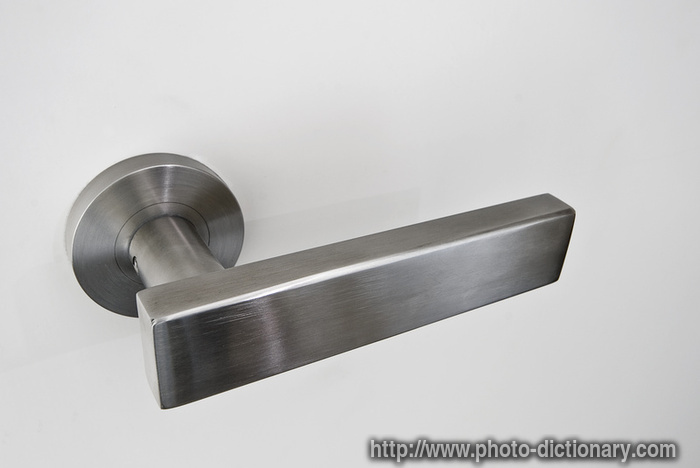What's daft?
Saying that a tool is not a tool because you don't like what you can do with it seems pretty daft to me.
Context and implications are completely irrelevant right now, and will remain so until you allow us to move on by saying whether you consider these to be tools:



Saying that a tool is not a tool because you don't like what you can do with it seems pretty daft to me.
Context and implications are completely irrelevant right now, and will remain so until you allow us to move on by saying whether you consider these to be tools:




